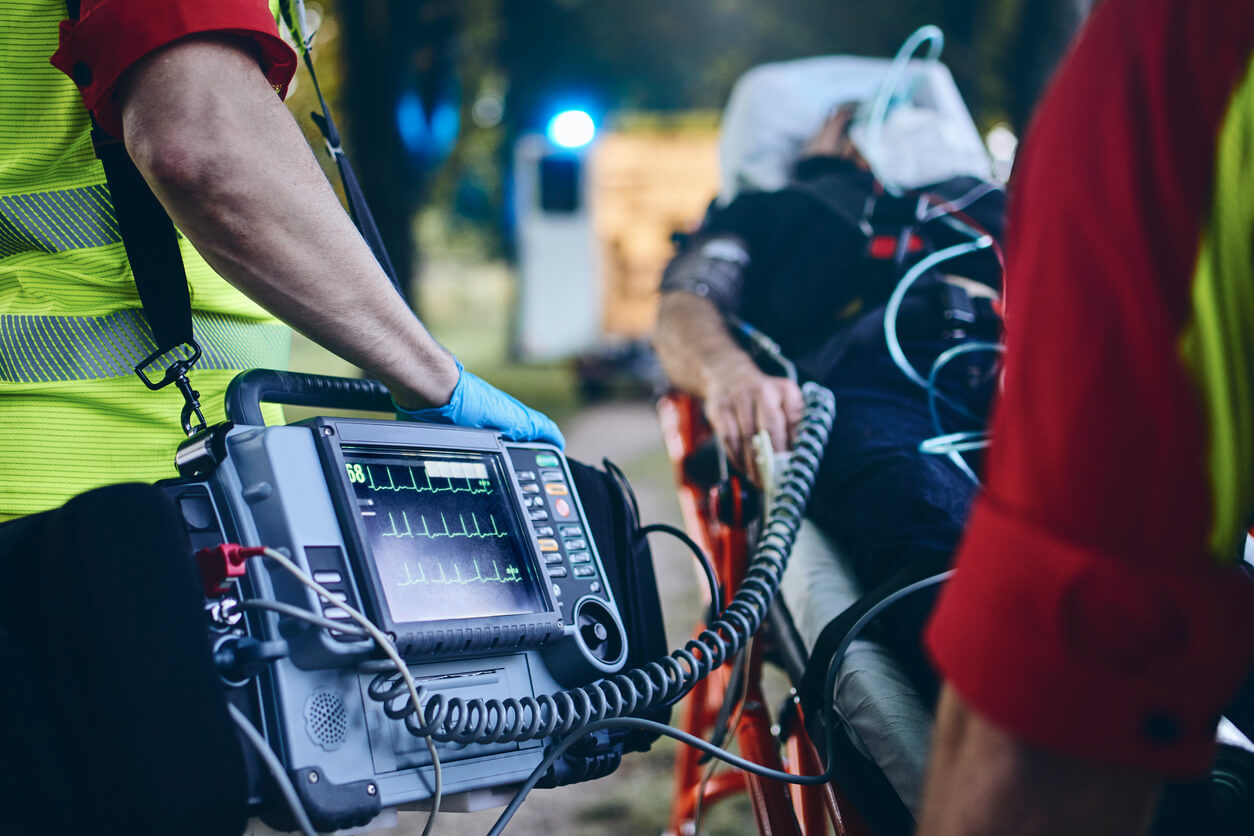So many of us place great amounts of trust in our medical providers to give us the care we need to stay healthy or improve our health. Unfortunately, medical mistakes are far too common. When a medical mistake is the result of substandard medical care, a lapse in a medical professional’s duty of care to their patients, substantial harm to a patient’s well-being can be the result. If you have suffered due to negligent medical care, you can seek compensation for the harm you have suffered. Some states, however, place a cap on recoverable medical malpractice damages. They do this to help dissuade people from pursuing legal action against their doctors and health care providers. Is Pennsylvania one of the states that places a cap on medical malpractice damages?
What is the Cap on Medical Malpractice Damages in Pennsylvania?
Many states have a cap in place to limit the amount of damages a medical malpractice victim can recover. In fact, most states have such a cap in place. In these states, regardless of the catastrophic level of a plaintiff’s injuries resulting from medical malpractice, the jury will be limited to the state’s cap. Pennsylvania, however, is not one of those states. The state currently has no cap on either economic or non-economic medical malpractice damages. Thus, there is not even a cap on pain and suffering damages in Pennsylvania medical malpractice cases.
In medical malpractice cases, as with other types of personal injury claims, the bulk of damages are intended to compensate the plaintiff for harm suffered. As such, these are referred to as “compensatory damages.” Compensatory damages fall into the categories of “economic” or “non-economic” damages. Economic damages include those easily calculable damages such as:
- Medical expenses
- Cost of future medical care
- Lost wages
- Loss of future earning capacity
Conversely, non-economic damages are more subjective and, thus, are more difficult to put a number on as far as valuation is concerned. Non-economic damages include:
- Pain and suffering
- Mental anguish
- Loss of enjoyment of life
- Loss of consortium
- Emotional distress
While there is no cap on compensatory damages in Pennsylvania medical malpractice claims. The state does impose a cap on punitive damages in medical malpractice cases. It should be emphasized, however, that punitive damages are extremely rare in medical malpractice cases. In the rare case where punitive damages may be available, the punitive damage award cannot exceed 200% of the compensatory damages awarded. Furthermore, 25% of the punitive damages awarded in a medical malpractice lawsuit must be paid to the Medical Care Availability and Reduction of Error Fund. This fund was established for the explicit purpose of helping to ensure reasonable compensation for those injured as a result of medical malpractice.
Philadelphia Personal Injury Attorneys
If you have suffered as a result of medical negligence, talk to the dedicated team at Cooper, Schall & Levy about bringing a medical malpractice claim seeking full and fair compensation for the losses you have sustained. Contact us today.









